A heartbreaking incident has unfolded in Santee, San Diego, where a baby girl lost her life after being left in the back of a hot car. This tragic event occurred just two months after her adoptive parents brought her home. Is hot car death common?
Discovery and Emergency Response Into The Hot Car Death – An Ongoing Investigation
Diana Sofia Aleman Roman, the infant victim, was found unresponsive in the SUV parked outside her family’s home around 12:20 AM on June 13. The child had been left in the vehicle for several hours in 63°F weather before a family member discovered her and immediately called 911.
Despite being rushed to Sharp Grossmont Hospital, Diana could not be saved. The San Diego County Sheriff’s Office is actively investigating the circumstances that led to Diana being forgotten in the car and determining who was responsible. As of now, no charges have been filed.
The Dangers of Hot Cars – a Tragic Hot Car Death
Studies highlight the rapid rise in temperature inside a parked car. On a 70°F day, the temperature inside a car can soar to 104°F within just half an hour. Reaching 115°F in an hour. The human body’s organs begin to shut down at 107°F, making such environments lethal, especially for children.
Adoption and Family Background – A Loving Family
Diana was welcomed into the home of Romer and Jayson De Los Santos on April 11, after they traveled to Arizona to meet her in the hospital. Heartwarming photos captured the couple cradling Diana and introducing her to their two-year-old son, who was also adopted. Romer expressed his grief after the hot car death, writing, “I haven’t slept in days,” next to one of the photos.
The De Los Santos family had been actively seeking to adopt a second child, sharing their adoption profile on social media in November. They expressed their desire to provide a loving home filled with cherished memories. Special moments such as beach outings, biking to the park, and raising foster kittens. Romer, a senior consultant at Jama Software, and Jayson, a stay-at-home dad, have been together for over 20 years. They married in 2008 during a brief period when same-sex marriage was legal in California. Their home is described as a “zoo,” housing numerous pets including cats, dogs, chickens, and parakeets.
Community Reaction

Neighbors described the De Los Santos family as kind and attentive parents often seen playing outside with their children. One neighbor said, “They seem like a nice family who wanted to give a couple of kids a good life. It’s just a shame it didn’t turn out that way.” It seems many suggested that the hot car death wasn’t intentional.
Medical Examination and Broader Context

The San Diego County Medical Examiner’s Office will determine the cause and manner of Diana’s death. Annually, around 37 children die from being left in hot cars across the U.S. Since 1998, California has witnessed at least 56 such fatalities, according to statistics from San Jose State University’s No Heat Stroke project.
Preventive Measures and Legal Implications & Expert Insights
Parents are urged never to leave their children alone in vehicles, even for short periods. Temperatures can rise dangerously fast, posing severe risks to children who cannot regulate their body temperatures as efficiently as adults. Which can effectively cause hot car death. California law imposes a $100 fine for leaving a child under six in a car under hazardous conditions. With potential charges ranging from neglect to manslaughter depending on the outcome.
Experts explain that it’s possible for any parent to forget a child in a car, especially when distracted or following routine habits. The increase in such cases since the 1990s is partly attributed to the recommendation of placing child car seats in the back, out of sight to protect them from airbags.
Recommendations for Prevention
To avoid such tragedies, No Heat Stroke suggests placing a soft toy in the front seat as a reminder of the child in the back or placing essential items next to the child’s seat. They also recommend keeping vehicles locked at all times and teaching children never to play in cars.
The loss of Diana Sofia Aleman Roman serves as a stark reminder of the dangers associated with leaving children unattended in vehicles and the importance of vigilant parenting practices. Hot-car tragedies can happen to anyone due to human memory lapses.
Here are key strategies to prevent these incidents:
Create Safeguards: Establish agreements with child-care providers to notify each other if a child is absent or late. Set phone reminders to ensure the child has been dropped off.
Secure Vehicles: Always keep vehicles locked and keys out of children’s reach.
Visual Reminders: Place the child’s items, such as a diaper bag or jacket, in the front seat as a reminder.
Back-Seat Checks: Keep essential items like your backpack or briefcase in the back seat to prompt a check before leaving the car.
Never Leave Children Unattended: Never leave a child alone in a vehicle, regardless of the outside temperature.
Technological Solutions & Expert Advice:
Invest in car seats or vehicles with integrated reminder technology, such as SensorSafe. Systems that default to “on” are most effective. Use education and technology together to prevent these tragedies. Real-life experiences, like that of Jennifer Stockburger, highlight the importance of these precautions. Combining awareness with practical strategies and technology can protect children from hot-car incidents.
78-Year-Old Woman Returns from Nursing Home to Her House – Only to Find a Mansion with Changed Locks in Its Place
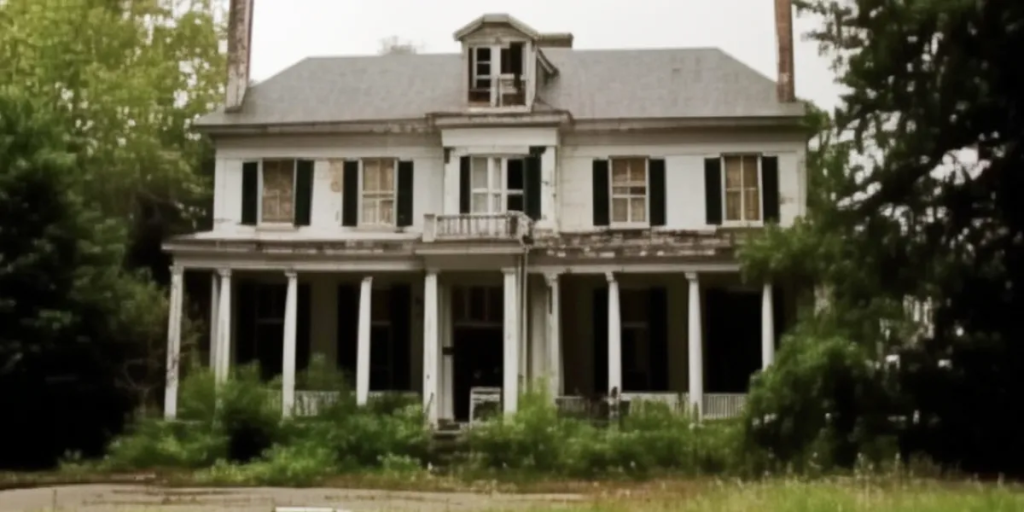
Margaret left her home behind years ago, believing it would always be there waiting for her. But when the 78-year-old finally returned, her small house had vanished, replaced by a grand mansion with locked doors and a shocking secret inside.
I sat by the window, watching the garden outside. The roses were in bloom, swaying gently in the breeze. I liked to watch them.
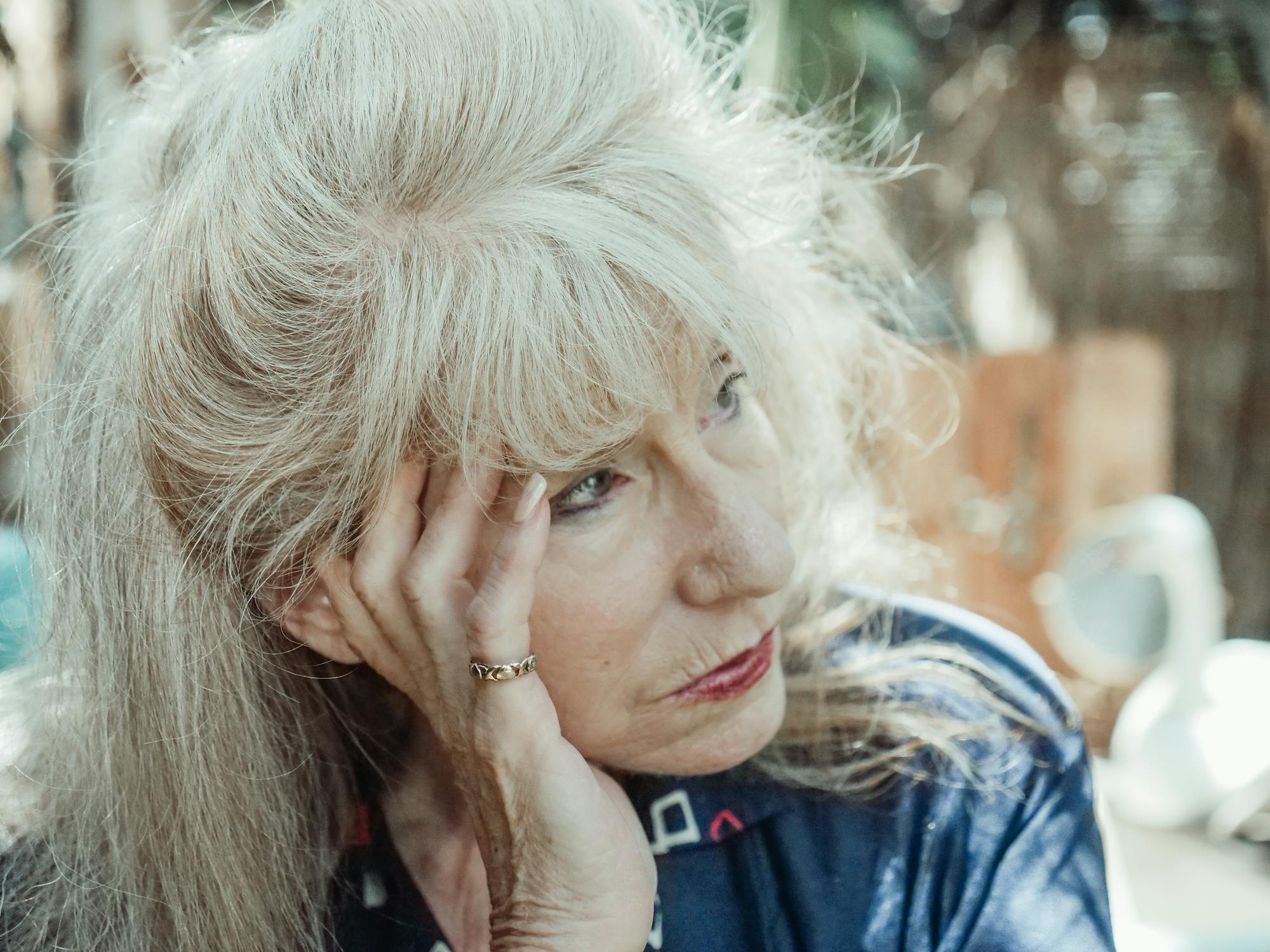
A sad elderly woman | Source: Pexels
I didn’t go outside much anymore—too cold some days, too hot on others. But the garden reminded me of something. Of home. Of the house I left behind.
I had a garden there once. A small one, just a patch of flowers by the porch. I didn’t know why I thought about it so much these days. Maybe because there wasn’t much else to think about.
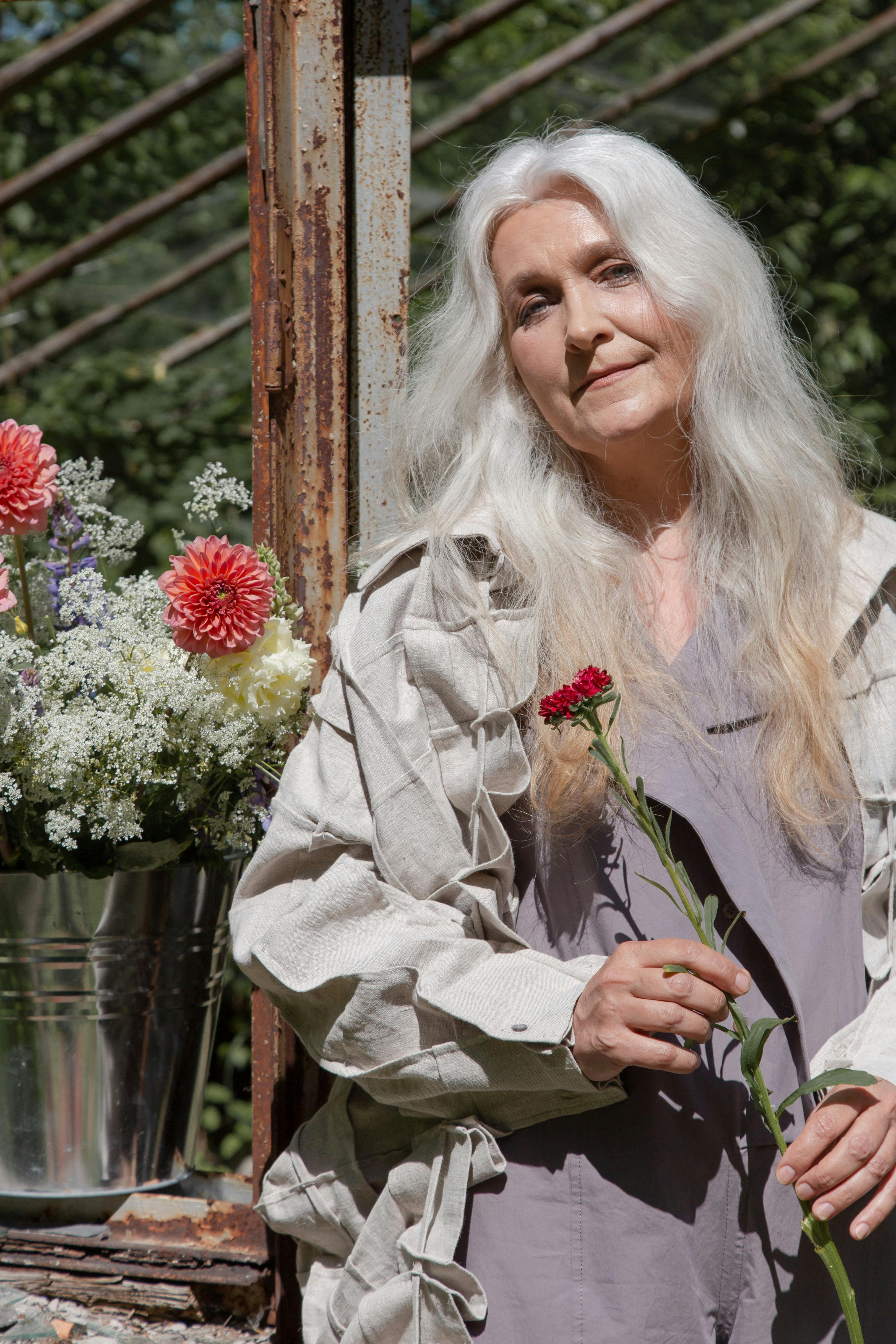
An elderly woman in her garden | Source: Pexels
The nursing home was quiet. Too quiet. The nurses came and went, always smiling, always polite. The other residents shuffled past my door, some talking to themselves, some staring blankly at the floor.
My children left me long ago. First my daughter, who moved across the country. She sent letters at first, then holiday cards, then nothing at all.
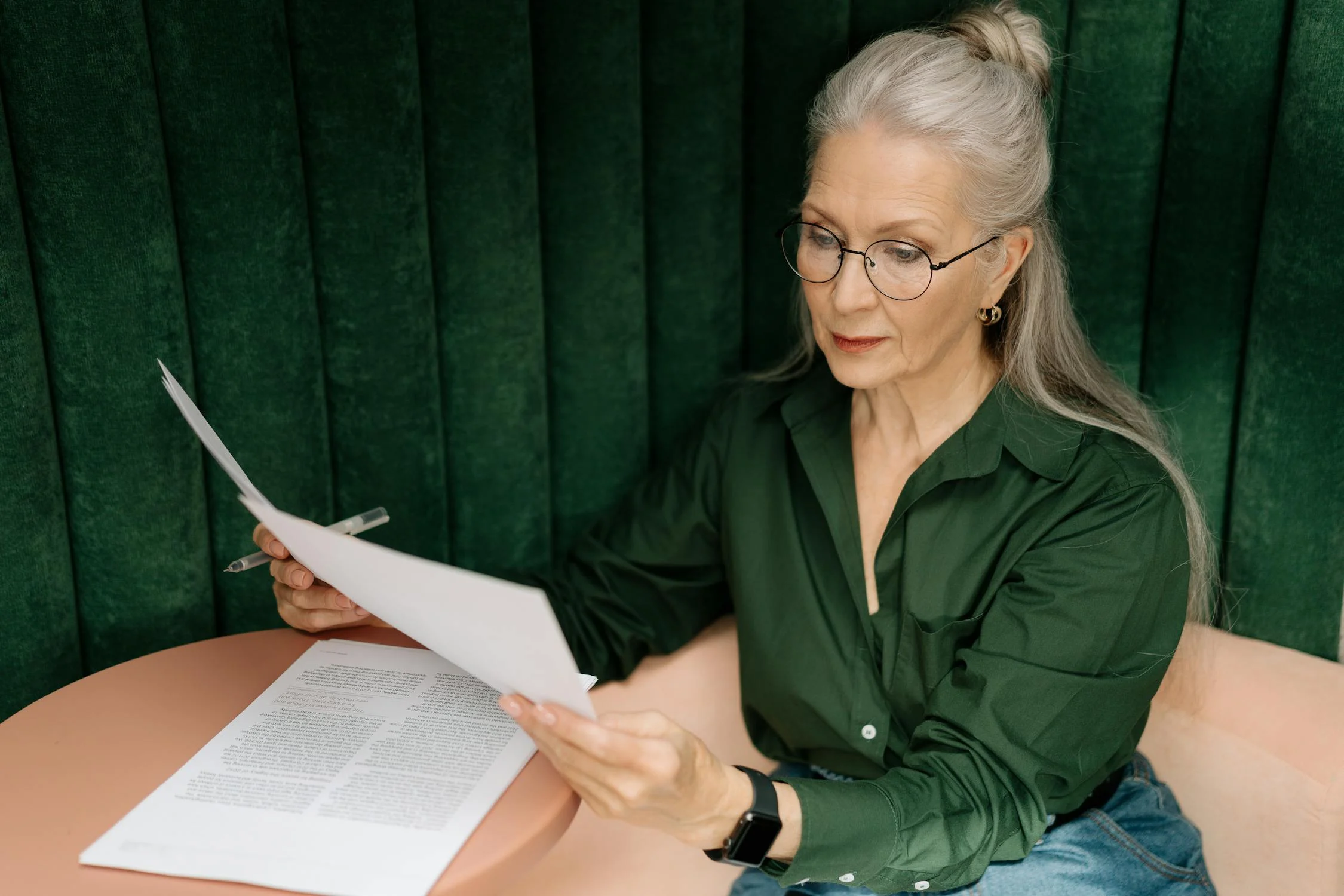
An elderly woman reading a letter | Source: Pexels
My son, David, left next. He got married, started a family, and never looked back. I used to wonder what I did wrong. I didn’t wonder anymore.
I made my choice years ago to leave the house and move here. It was easier than living alone. I still had the key, though. It sat in my bedside drawer. Sometimes, I held it in my palm, feeling its weight. It was warm, even though it shouldn’t have been.
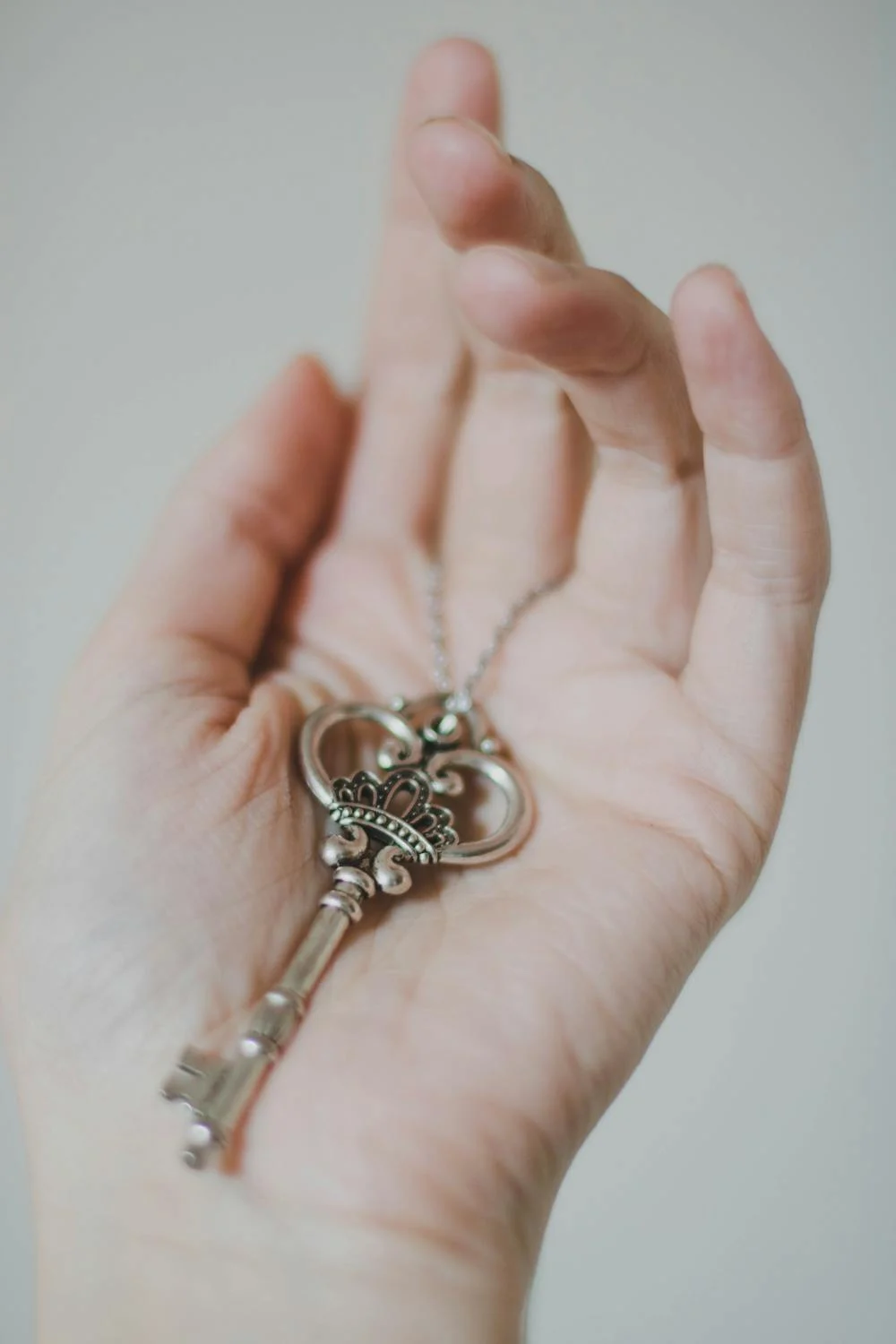
A key in a hand | Source: Pexels
One afternoon, as I sat staring out the window, a nurse tapped my shoulder.
“Margaret, you have a visitor.”
I blinked. “A visitor?”
She nodded, smiling. I didn’t get visitors. Not anymore. My hands trembled as I pushed myself up from the chair.
And then I saw him.
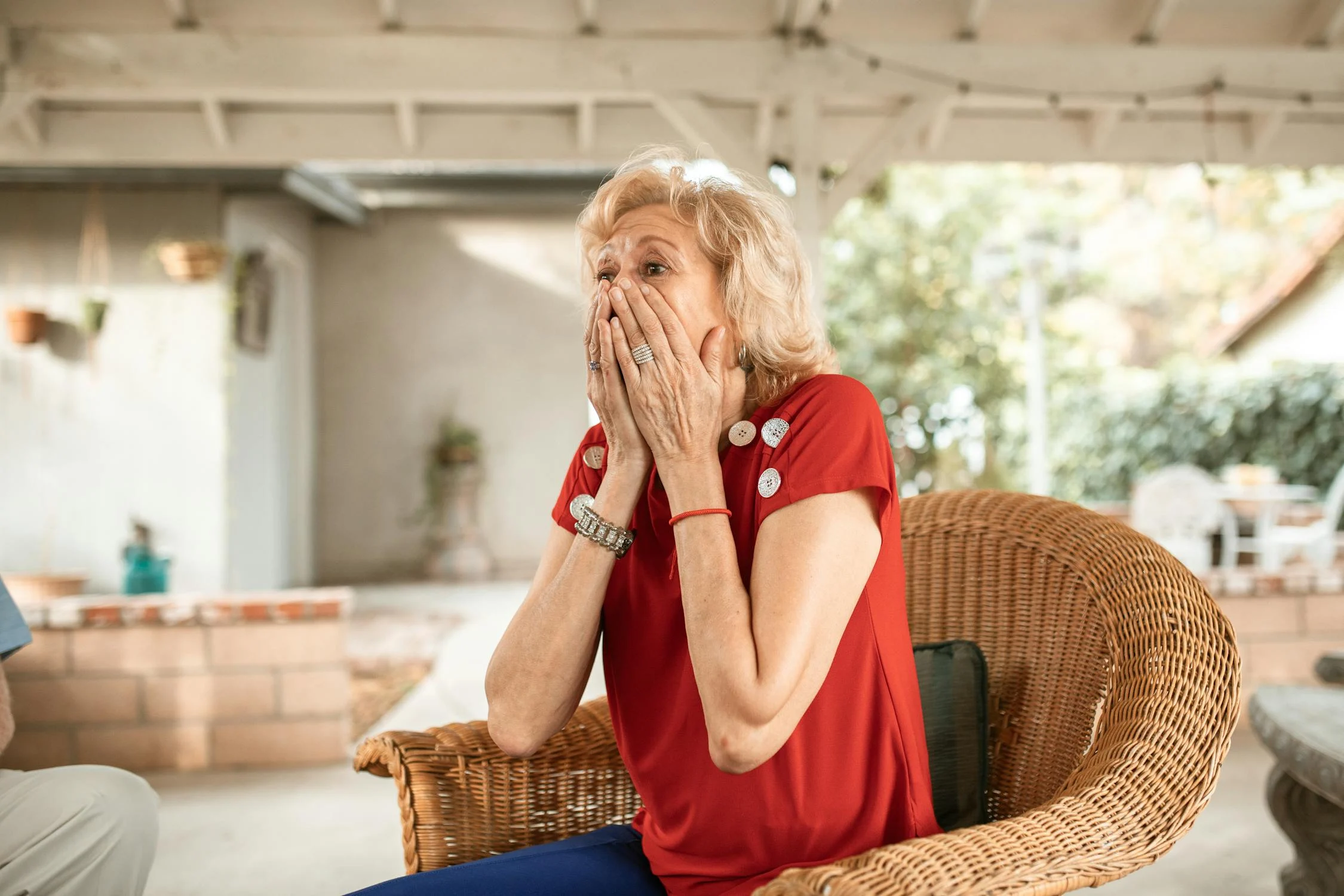
A shocked woman covering her face | Source: Pexels
David.
He stood in the doorway, hands in his pockets, looking older than I remembered. His hair had grayed at the edges, his face lined in ways it hadn’t been before. But it was him. After 30 years, it was him.
“Mom,” he said softly.
I didn’t know what to say.
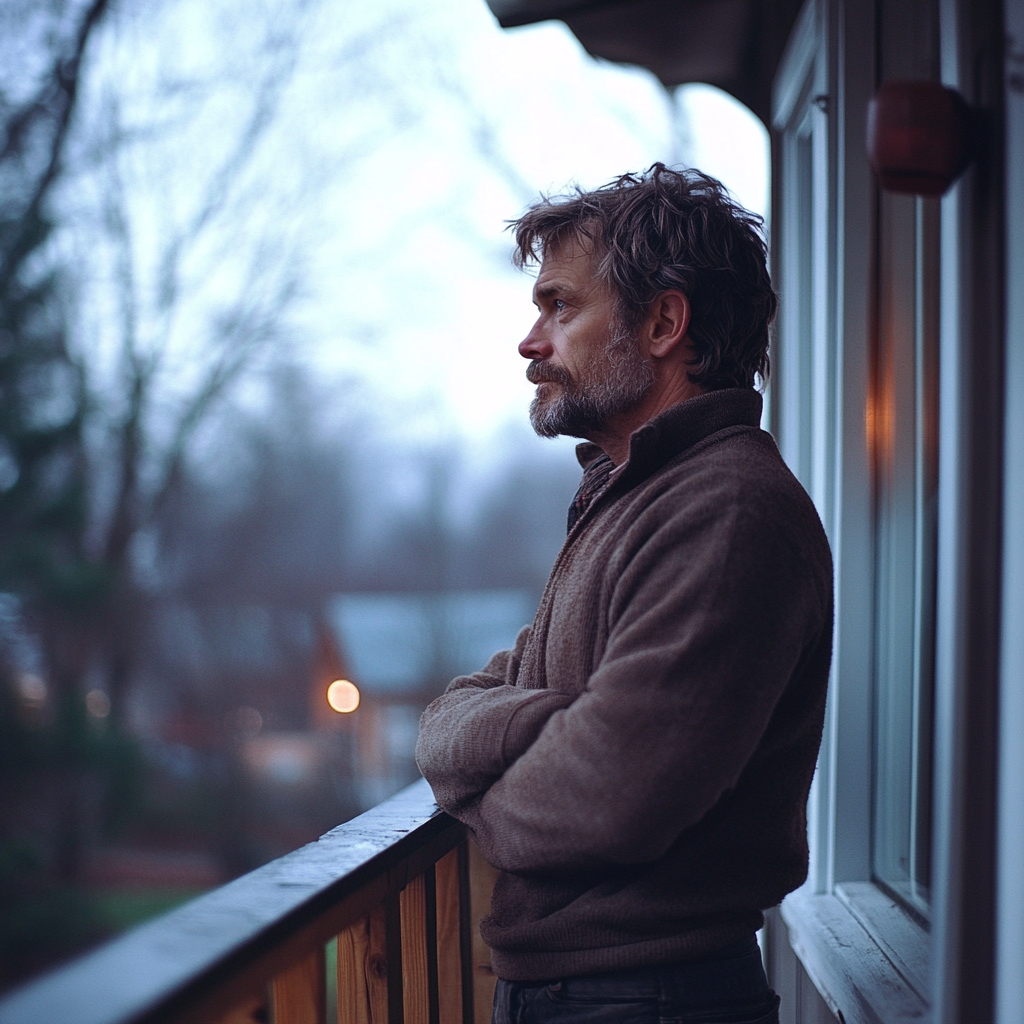
A serious man on the porch | Source: Midjourney
“I—I hope it’s okay that I came,” he continued. “I just… I wanted to see you.”
I gripped the arms of my chair. My heart pounded, but my voice came out steady. “Why now?”
He sighed, looking down. “My wife left me. Took the kids. I—” He rubbed a hand over his face. “I spent years building a life with her, and now it’s gone. And it made me think about you. About how I left you.”

A sad man sitting in a chair | Source: Pexels
I swallowed hard. “That was a long time ago.”
“I know,” he said. “And I’m sorry, Mom. I should’ve come back sooner.”
Silence stretched between us. I wasn’t sure what to feel. Anger? Sadness? Relief?
“I don’t know what to say to you,” I admitted.
“I don’t expect you to say anything,” he said quickly. “I just… I want to make things right.”
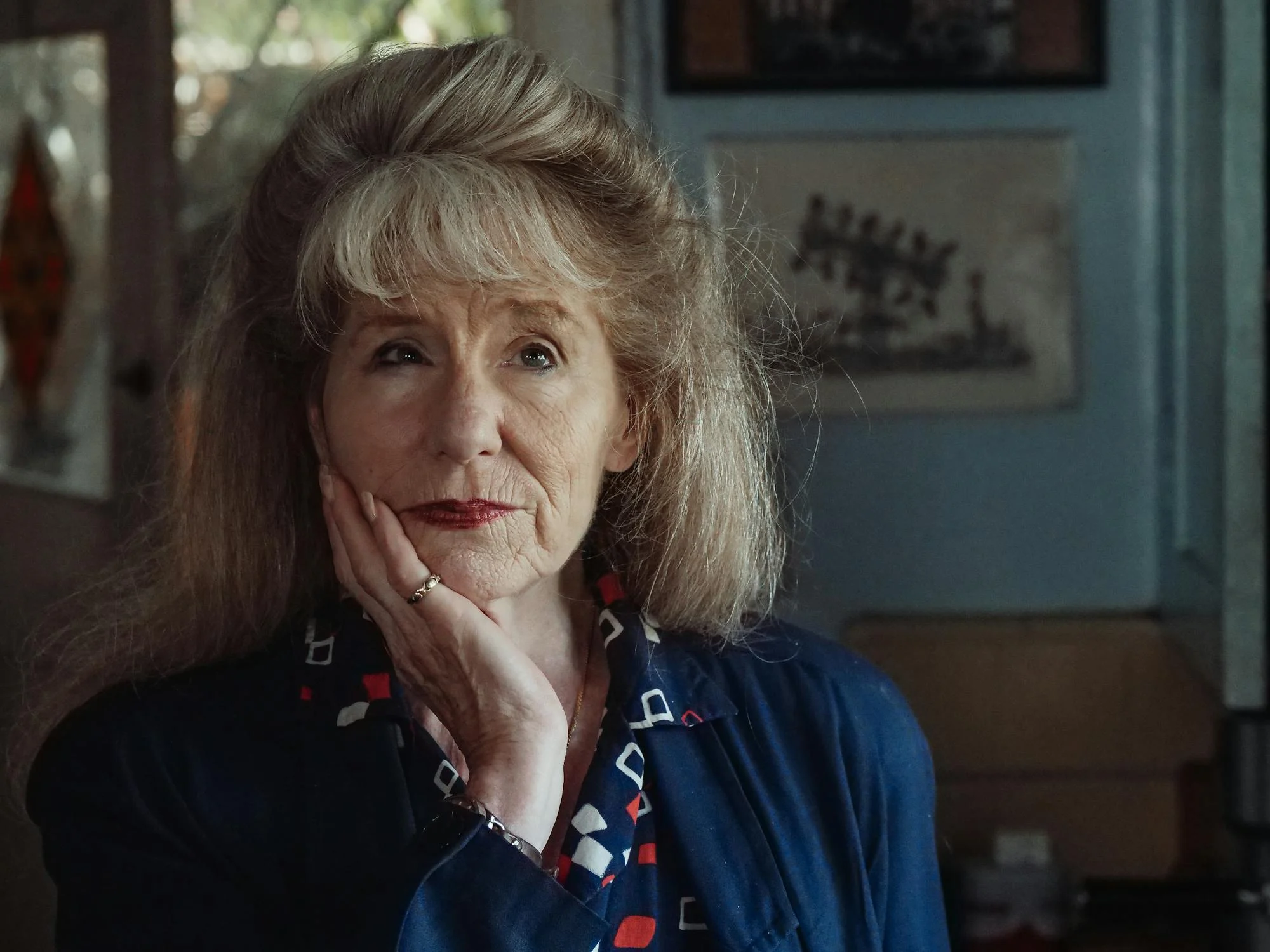
A happy woman touching her face | Source: Pexels
I didn’t answer.
After a moment, he pulled something from behind his back—a bouquet of daisies. My favorite.
“I remembered,” he said, offering a small, uncertain smile.
I took them, brushing my fingers over the petals.
“Thank you,” I whispered.
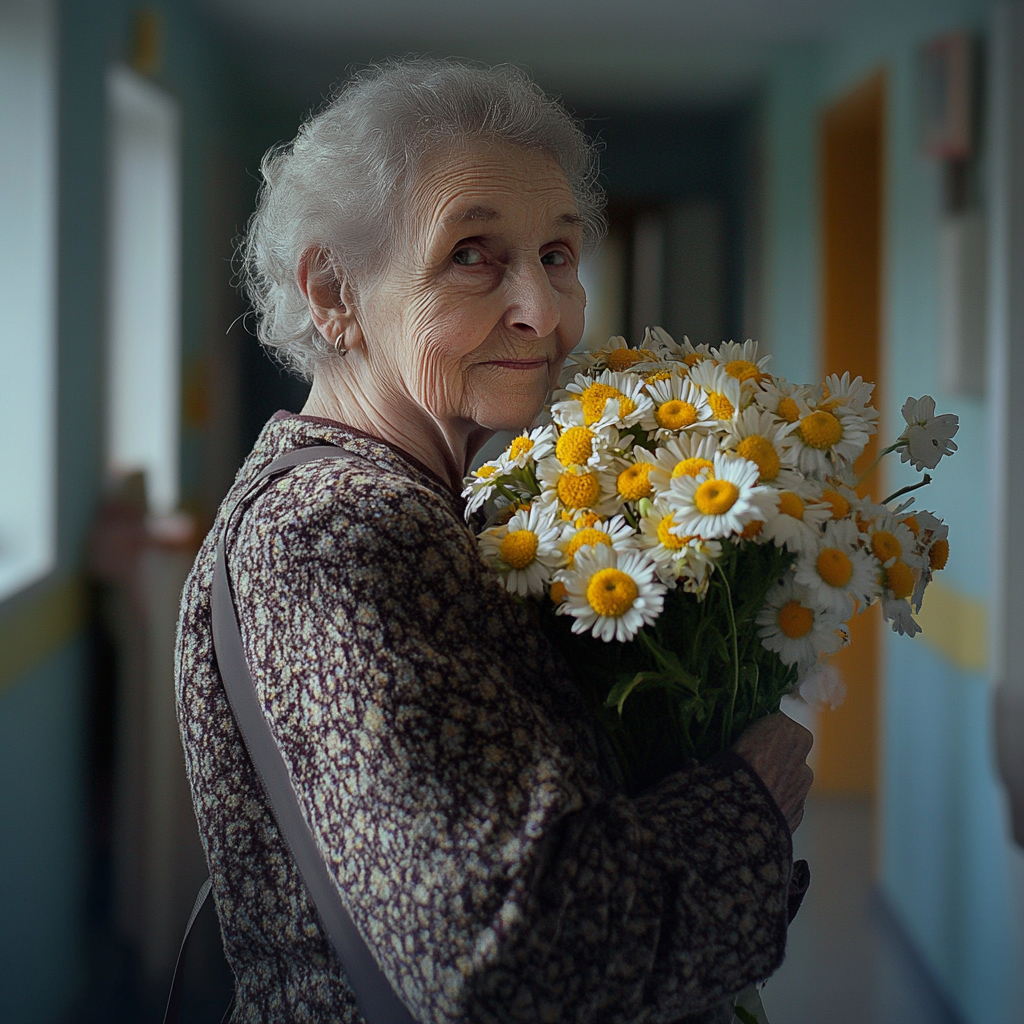
An elderly woman holding a bouquet of daisies | Source: Midjourney
He started visiting after that. Not every day, but often. Sometimes he brought flowers. Other times, books he thought I might like. We sat together and talked a little. At first, our words were careful, like stepping over broken glass. But over time, it got easier.
One day, he took me to the park. We sat on a bench and watched the ducks in the pond.
“Do you remember the old house?” I asked, glancing at him.
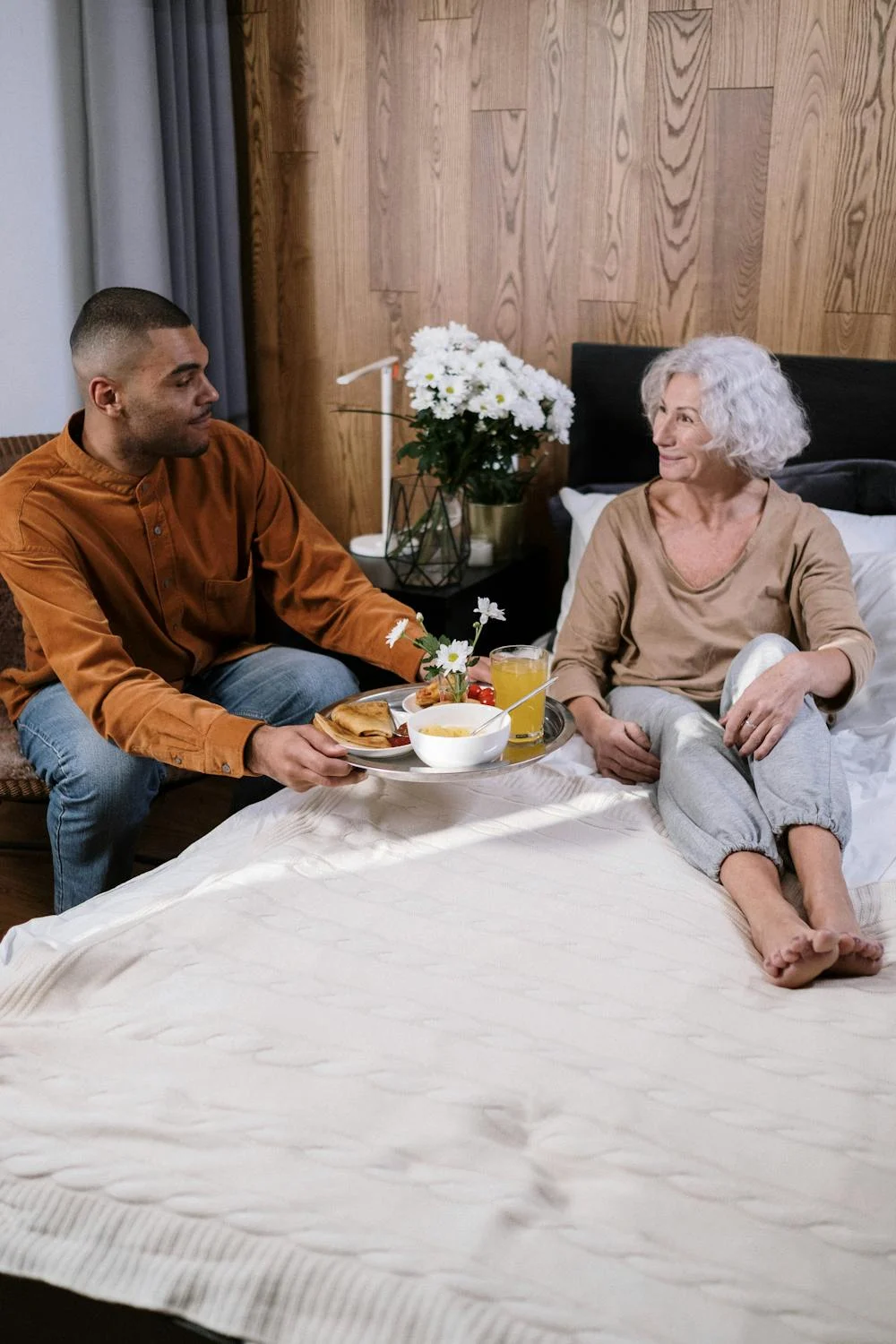
An elderly woman with her son | Source: Pexels
He hesitated. “Yeah. I remember.”
“I’d like to see it again,” I said. “Just once.”
He shook his head. “No, Mom.”
I frowned. “Why not?”
“It’s just… it’s not the same anymore.”

An unsure man in a chair | Source: Midjourney
That was all he said. And no matter how many times I asked, he always gave the same answer.
No, Mom.
I didn’t understand. But one way or another, I intended to find out.
One afternoon, after David left, I decided I wouldn’t wait any longer. I put on my best coat, slipped my old house key into my pocket, and left the nursing home without telling anyone.

An elderly woman on the street | Source: Pexels
At the bus stop, I counted my change carefully. I hadn’t taken a bus in years. The ride felt longer than I remembered, every stop stretching time. My hands gripped my purse tightly as I watched the familiar streets pass by. Houses I used to know looked different—some painted with new colors, some with fresh gardens, some completely unrecognizable.
Finally, the bus stopped near my old neighborhood. I stepped off, my heart pounding.

A smiling woman in the street | Source: Pexels
As I walked down the street, memories flooded my mind—playing children, barking dogs, the sound of a lawnmower in the distance. My feet knew the way, leading me to the place I had left behind.
But when I arrived, I froze.
My house was gone.

A shocked woman on the street | Source: Midjourney
In its place stood a grand mansion—tall, beautiful, and nothing like what I had left behind. The porch was bigger, the windows gleamed, and a lush, flowering garden surrounded the entire property.
I stared, my breath caught in my throat.
This couldn’t be right.

A mansion with palm trees | Source: Pexels
With trembling fingers, I pulled out my key and stepped onto the porch. My hands shook as I tried to fit the key into the lock. It didn’t fit. I jiggled it, tried again. Nothing.
Someone had changed the locks.
Panic rose in my chest.
I pounded on the door. “Hello?” My voice was weak, swallowed by the quiet street. “Who’s in there? This is my house!”
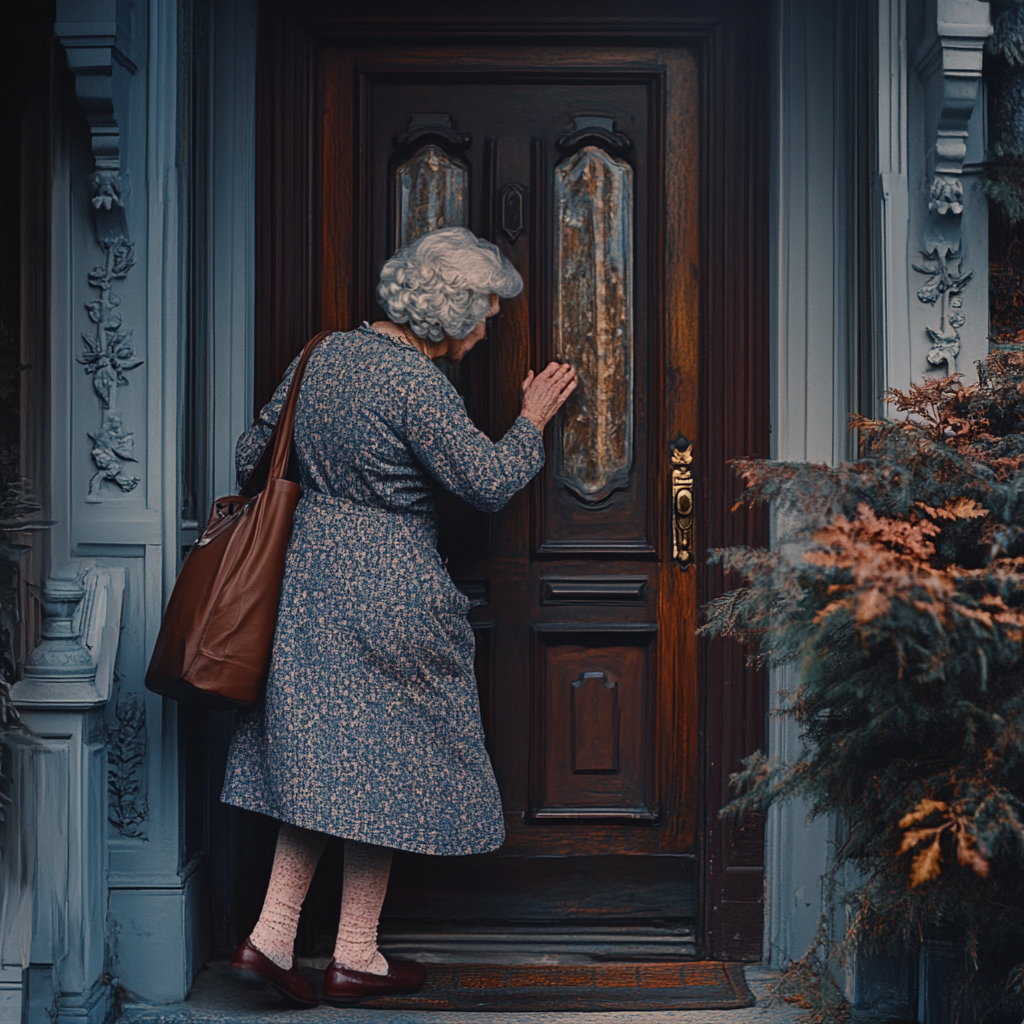
A woman knocking on a mansion’s door | Source: Midjourney
No answer.
I stumbled back, heart racing. Someone had stolen my home. I pulled my phone from my purse and dialed 911.
“Emergency services. What’s your emergency?”
“My house,” I gasped. “Someone took my house. I—I came home, and it’s gone. It’s different. The locks are changed. Someone’s inside.”
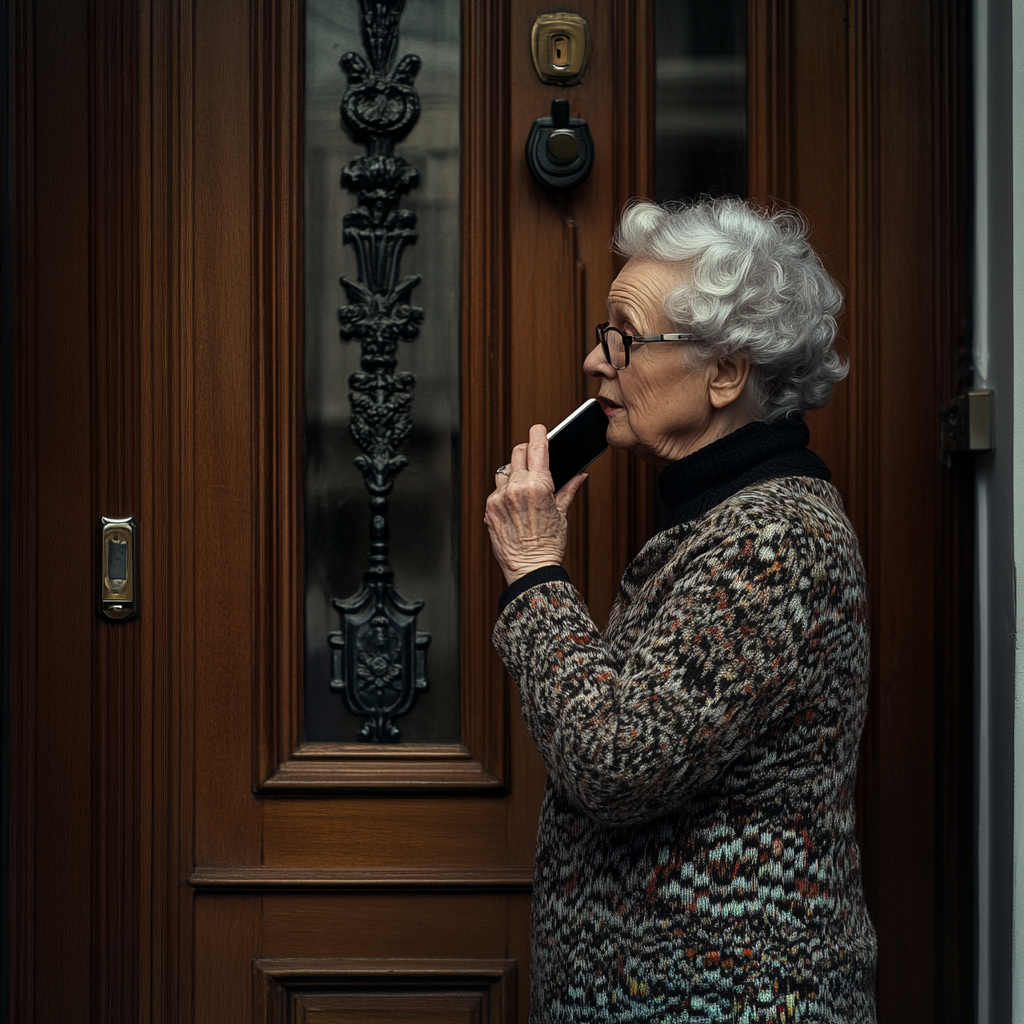
A woman talking on her phone | Source: Midjourney
The operator asked me questions I barely registered. My hands shook as I explained, over and over, that this was my home, that something was wrong.
Minutes later, a police car pulled up. Two officers stepped out, their expressions calm, careful.
“What seems to be the problem, ma’am?”
Before I could answer, the front door of the mansion opened.
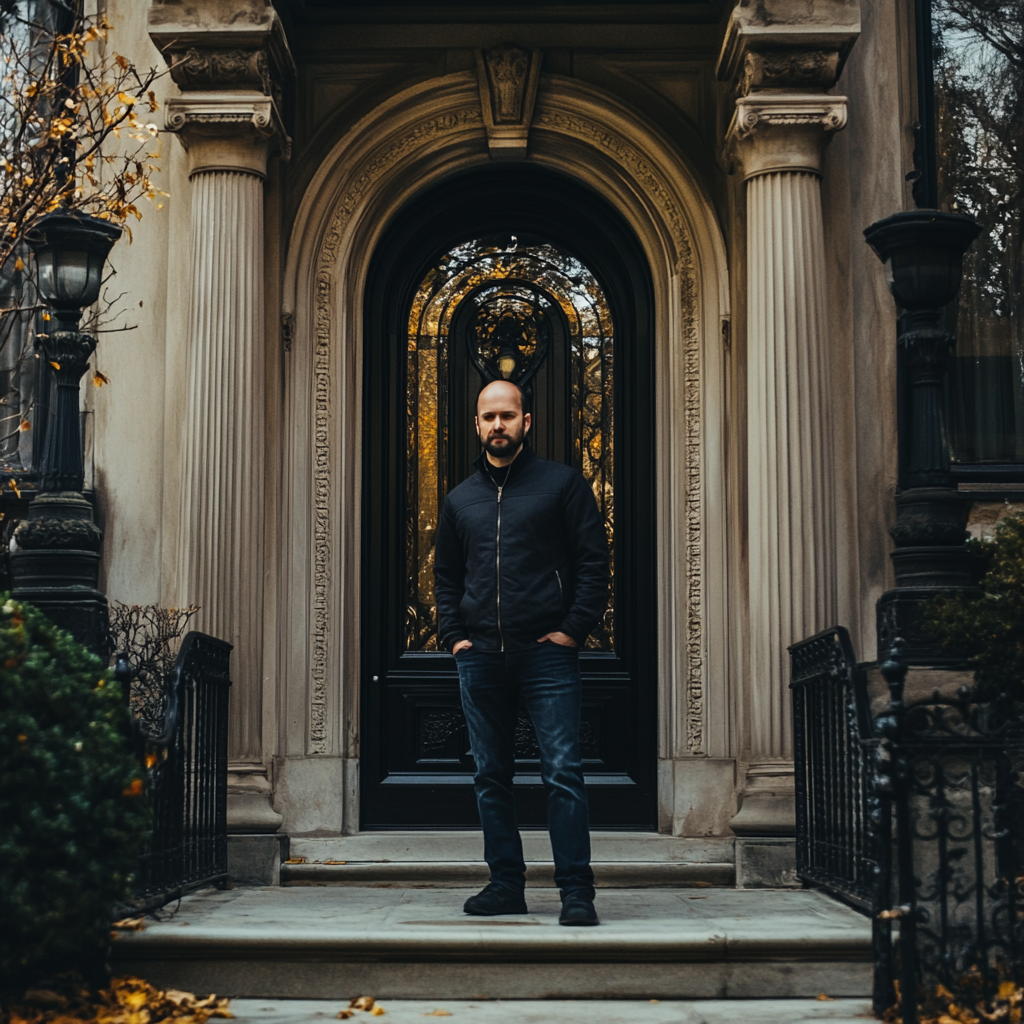
A man standing in a mansion’s doorway | Source: Midjourney
David stepped outside.
I stared at him, my chest tightening.
He looked startled, then sighed, rubbing his forehead.
“Mom?”
The officers turned to him. “Sir, do you live here?”
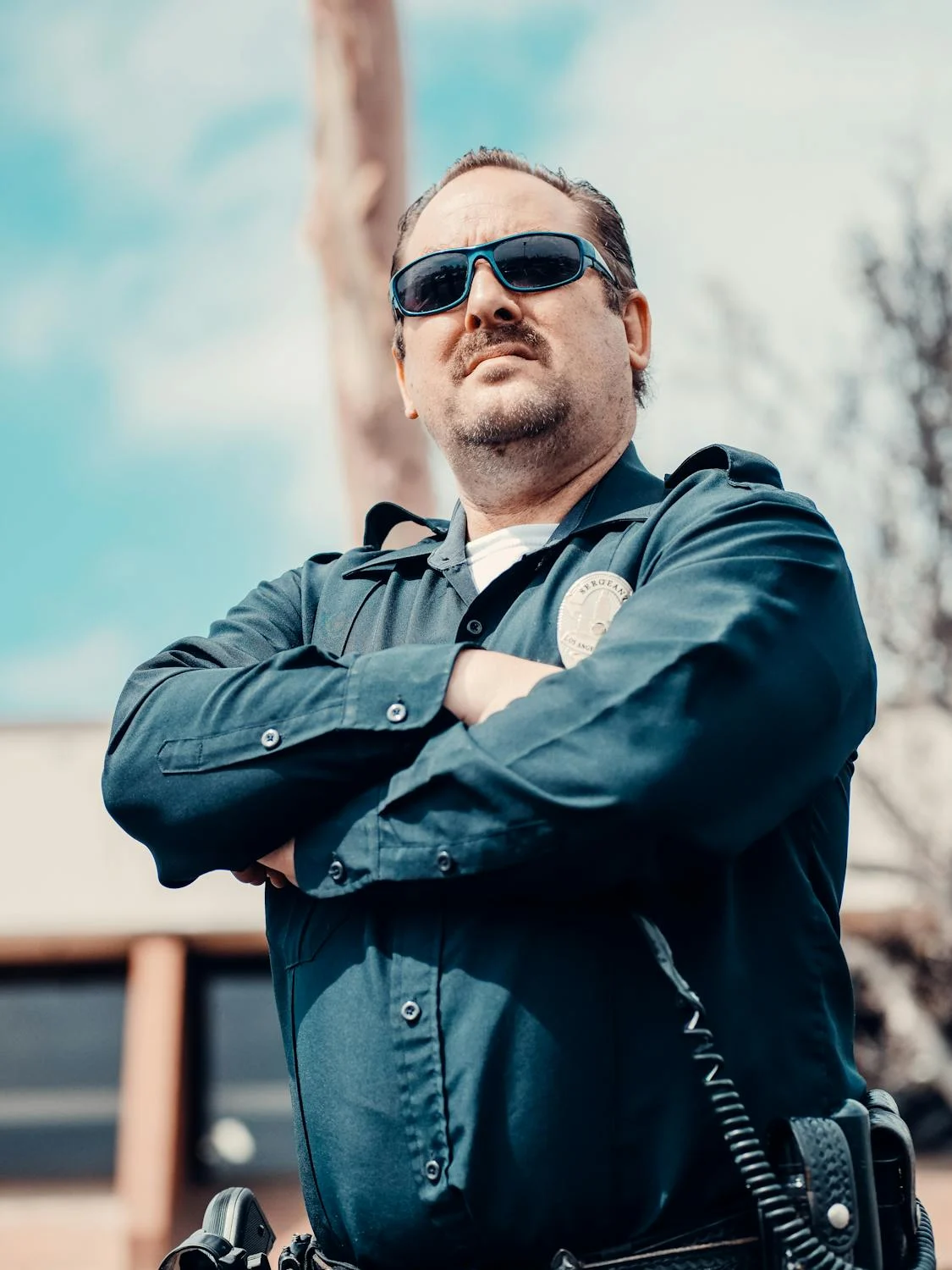
A police officer with his arms crossed | Source: Pexels
He nodded. “Yes. This is my home.”
I gasped, stepping back. “What does this mean? You—you took my house?” My voice cracked, shaking with anger and confusion. “You stole it from me! Changed it! Sold it?”
David’s face fell. “Mom, no, I didn’t sell it.” He let out a deep breath. “You… ruined the surprise.”
I blinked. “What?”

A shocked elderly woman | Source: Freepik
He walked toward me, hands outstretched. “I wasn’t going to tell you until it was done. I—I rebuilt the house, Mom. I kept the foundation, but I expanded it. I made it bigger, stronger. I restored it. And the garden—” He gestured to the flowers. “I planted all your favorites. The same ones you used to have.”
I couldn’t speak. My chest ached, too full of emotions I couldn’t name.
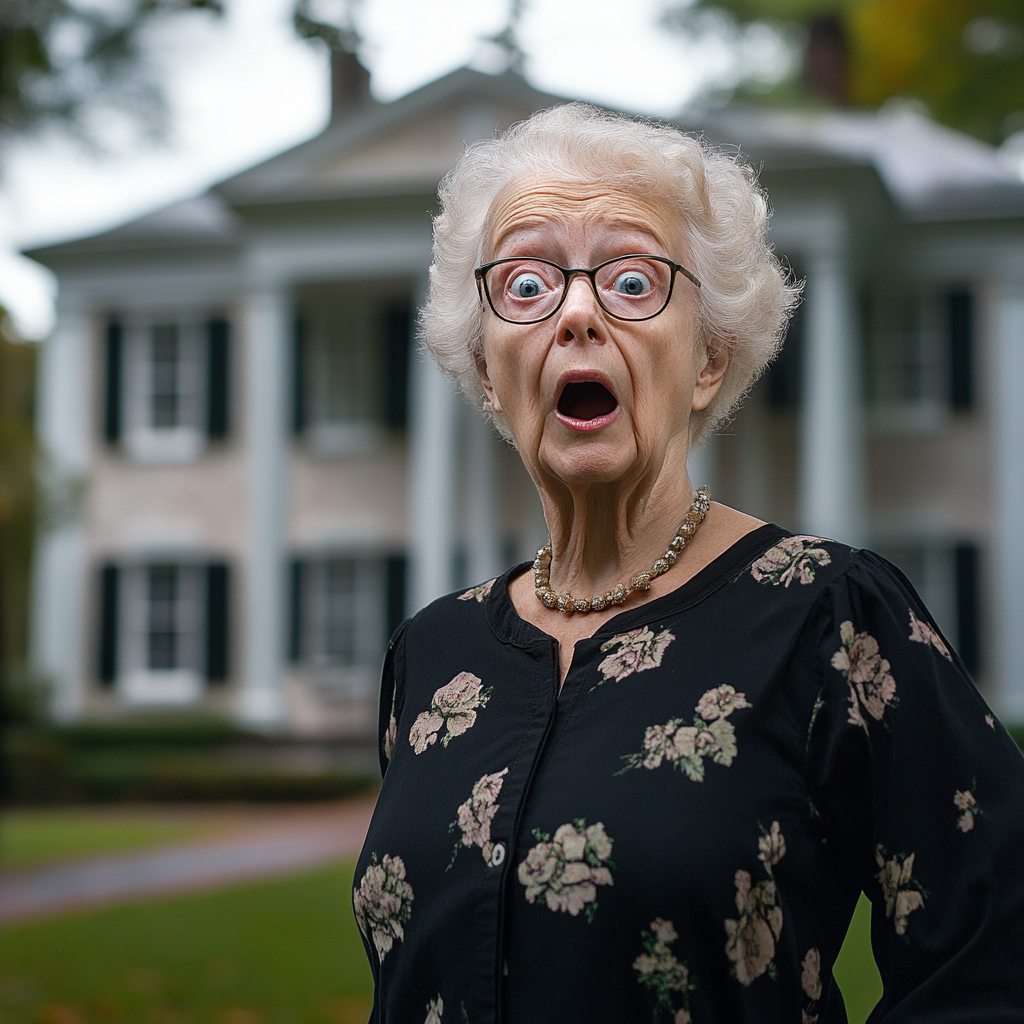
A shocked woman in front of a mansion | Source: Midjourney
“I wanted to bring you back when everything was perfect,” he said. “I wanted it to be a gift.”
I stared at the house—at my home, changed yet still standing, and tears blurred my vision.
David took a step closer. His face was filled with regret.
“I’m sorry, Mom,” he said softly. “For leaving you. For waiting so long to come back. For not telling you sooner.” His voice broke. “I never should’ve stayed away.”
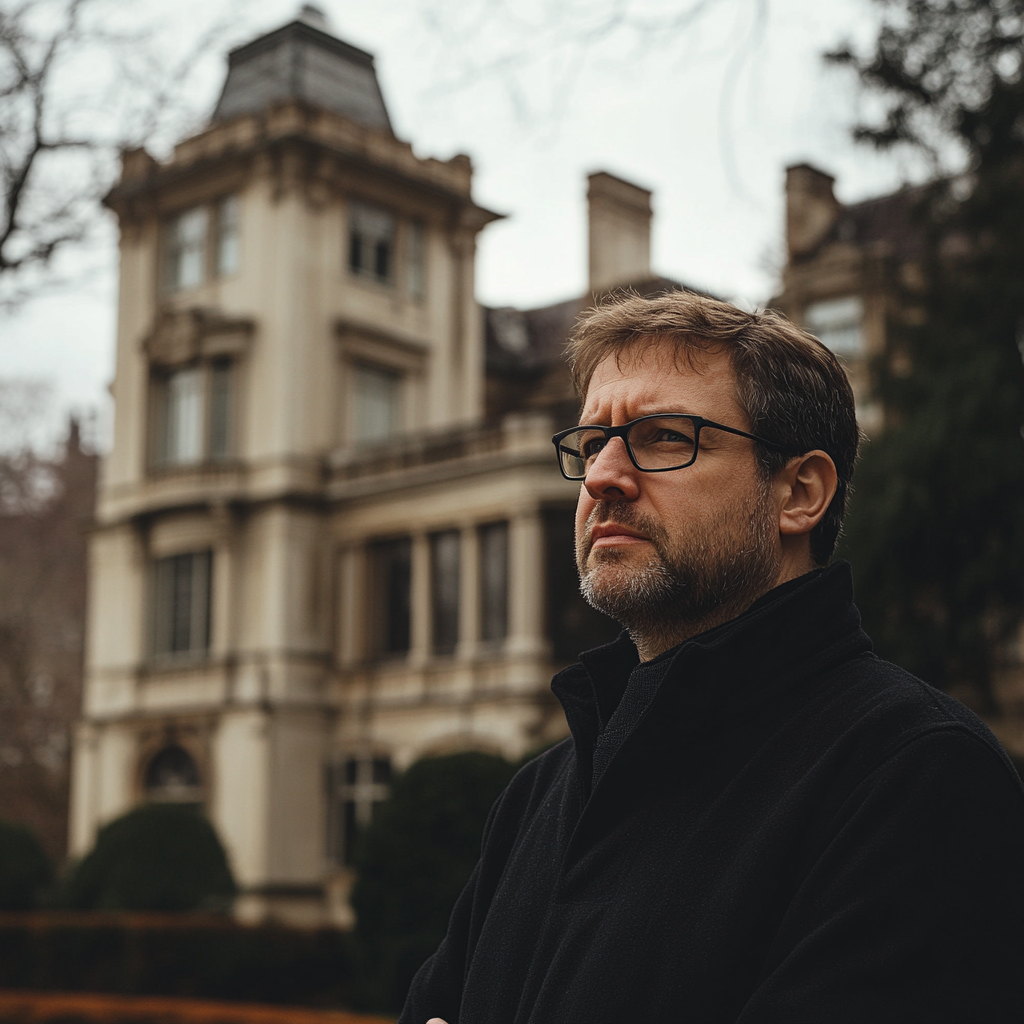
An apologetic man in front of a mansion | Source: Midjourney
I swallowed hard. The anger inside me faded, replaced by something else—something heavier.
“I thought you forgot about me,” I whispered.
He shook his head. “I never forgot. I just didn’t know how to come back.” He glanced at the house. “But I wanted to give you this. A home. Our home.” He hesitated, then added, “Come back, Mom. Live here. You don’t have to stay in that nursing home anymore.”

A serious man in his garden | Source: Midjourney
I looked at the house, really looked at it this time. The walls were new, but the bones were the same. The porch where I used to sit, the windows that once held my curtains, the steps that led to the front door—it was different, but it was still mine. And the garden… oh, the garden. Roses, daisies, lavender, and lilacs. Everything I had ever loved, blooming in the sunlight.
Tears slipped down my cheeks. “You did all this for me?”
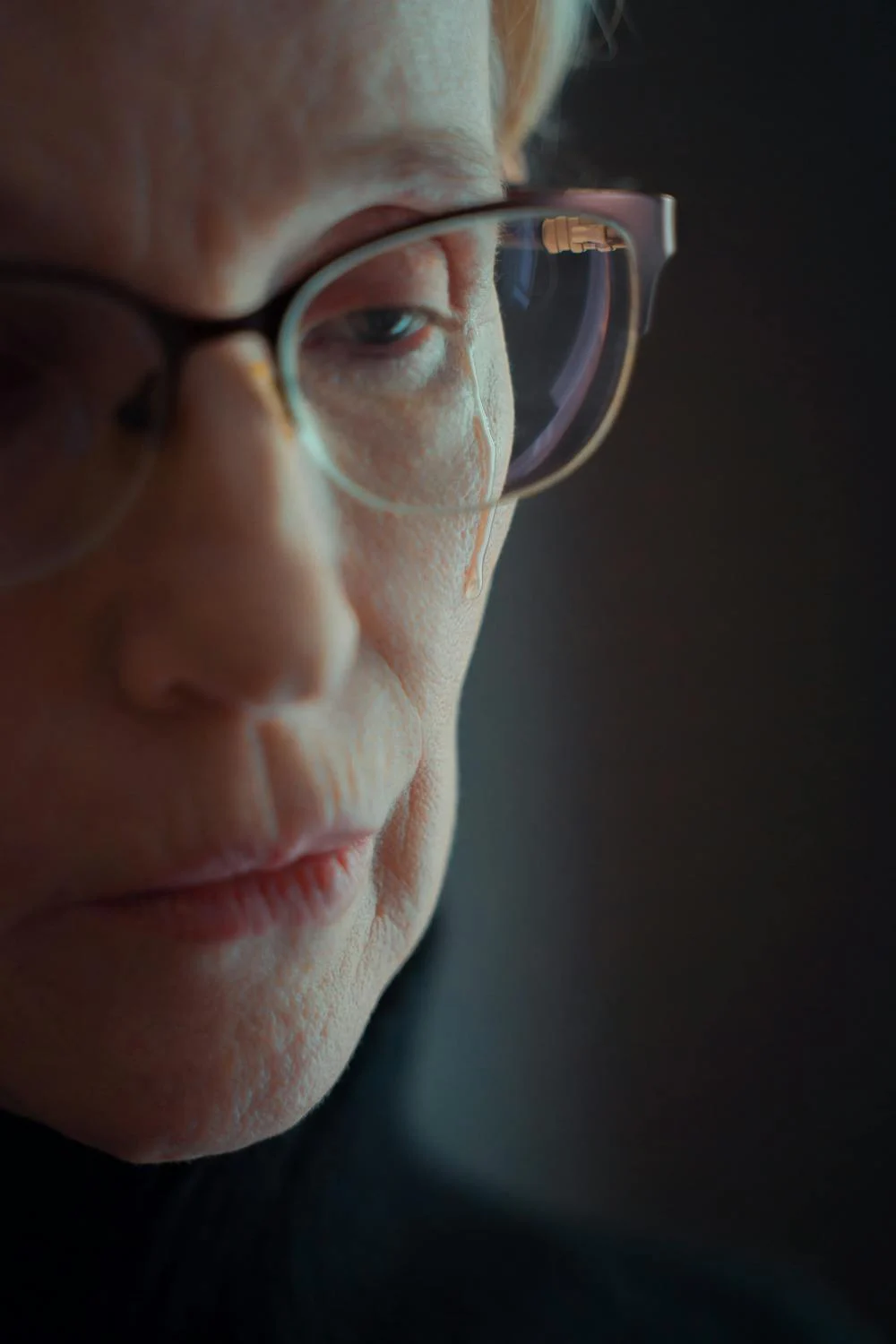
A crying elderly woman | Source: Pexels
David nodded. “I wanted you to have everything you dreamed of.”
I let out a shaky breath. “Then I suppose I should see what the inside looks like.”
His face lit up. “I’ll make us some tea.”
A little while later, we sat together on the porch, steaming cups in our hands. The scent of flowers filled the air, and for the first time in years, I felt home.
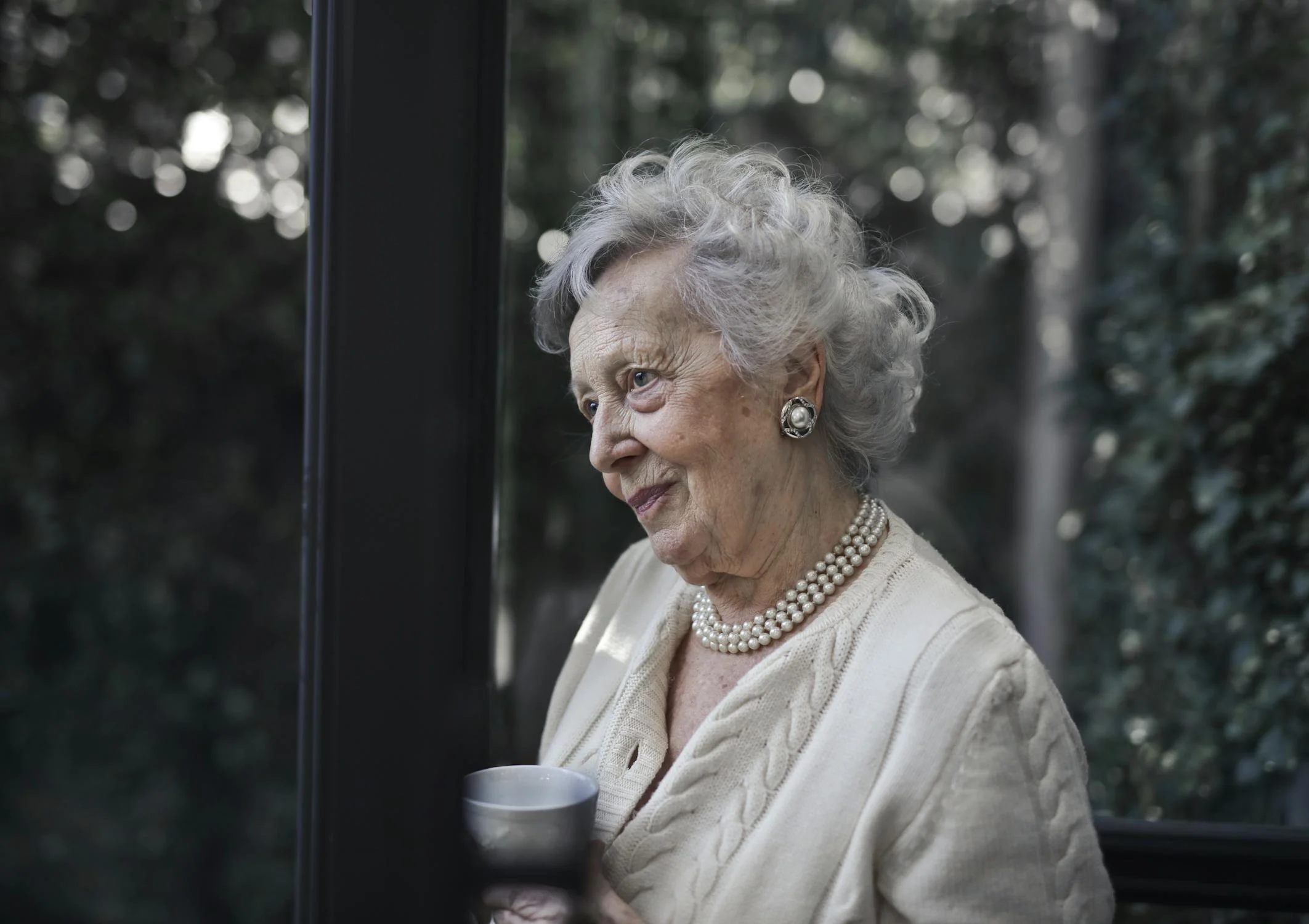
A woman with a cup of tea | Source: Pexels
David smiled at me. “You happy, Mom?”
I looked at him, at my son, my house, my garden.
“Yes,” I said. “I am.”



Leave a Reply